May 24, 2018
Gallery: WeWork announces the opening of its flagship location in India
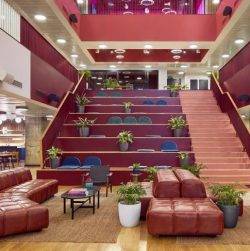 WeWork has announced its first flagship Indian location in Bengaluru. WeWork Galaxy is located on the site of the former Galaxy Theatre, and features a rooftop terrace with a pool and gym in addition to a mix of shared and private offices, which are designed around a 5-storey communal atrium. Bengaluru is India’s tech capital and one of the country’s leading cultural and economic hubs and so WeWork see it as a perfect fit for their coworking model. Created by the in-house design team, the goal was to create a space that ‘felt open, yet communal and intimate for members and guests, by creating individual programming and design moments within the atrium space’.
WeWork has announced its first flagship Indian location in Bengaluru. WeWork Galaxy is located on the site of the former Galaxy Theatre, and features a rooftop terrace with a pool and gym in addition to a mix of shared and private offices, which are designed around a 5-storey communal atrium. Bengaluru is India’s tech capital and one of the country’s leading cultural and economic hubs and so WeWork see it as a perfect fit for their coworking model. Created by the in-house design team, the goal was to create a space that ‘felt open, yet communal and intimate for members and guests, by creating individual programming and design moments within the atrium space’.









 Users of co-working and flexible space rapidly growing in numbers, according to a report, Marketplace for flexible work, from research conducted by (flexible workspace provider) The Instant Group and architects HLW. The report claims to ‘analyse’ the coworking and flexible workspace sector to gather a ‘360-degree perspective’ of the industry to determine where ‘perspectives align and diverge among stakeholders’. The research also claims that location and the ability to assign or reassign employees to workspace on short notice were also important influencers when choosing flexible workspace over conventional office space. Looking forward, the research claims that more than half of the companies interviewed envisage spending less time working from a traditional company office space.
Users of co-working and flexible space rapidly growing in numbers, according to a report, Marketplace for flexible work, from research conducted by (flexible workspace provider) The Instant Group and architects HLW. The report claims to ‘analyse’ the coworking and flexible workspace sector to gather a ‘360-degree perspective’ of the industry to determine where ‘perspectives align and diverge among stakeholders’. The research also claims that location and the ability to assign or reassign employees to workspace on short notice were also important influencers when choosing flexible workspace over conventional office space. Looking forward, the research claims that more than half of the companies interviewed envisage spending less time working from a traditional company office space.

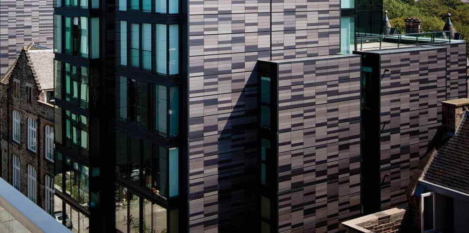
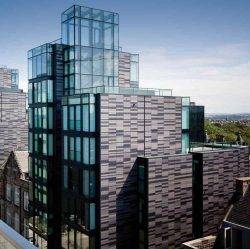 Technology, media, and telecommunications (TMT) companies are continuing to play a prominent role within Edinburgh’s office market, accounting for approximately 30 percent of transactions in the city. But rising demand for Grade A office space in Edinburgh by a variety of organisations, including coworking, private and public sector tenants has fuelled significant occupier demand during the first quarter of 2018, according to analysis by property consultancy, Knight Frank. The latest commercial property figures show approximately 460,000 sq. ft. of new occupier requirements came onto the market in the first three months of the year from companies looking to lease office space in Edinburgh.
Technology, media, and telecommunications (TMT) companies are continuing to play a prominent role within Edinburgh’s office market, accounting for approximately 30 percent of transactions in the city. But rising demand for Grade A office space in Edinburgh by a variety of organisations, including coworking, private and public sector tenants has fuelled significant occupier demand during the first quarter of 2018, according to analysis by property consultancy, Knight Frank. The latest commercial property figures show approximately 460,000 sq. ft. of new occupier requirements came onto the market in the first three months of the year from companies looking to lease office space in Edinburgh. 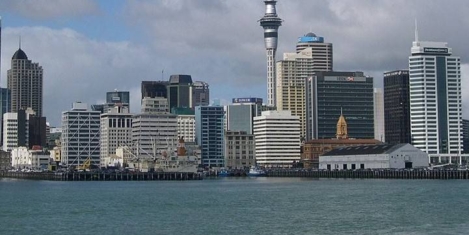
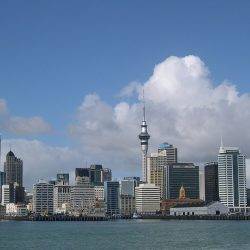

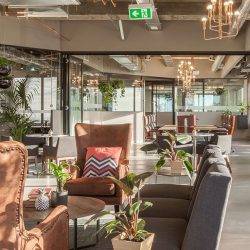

















February 12, 2018
Luther, Marx, Engels and a nailed-on manifesto for workplace change
by Mark Eltringham • Comment, Facilities management, Workplace design
More →